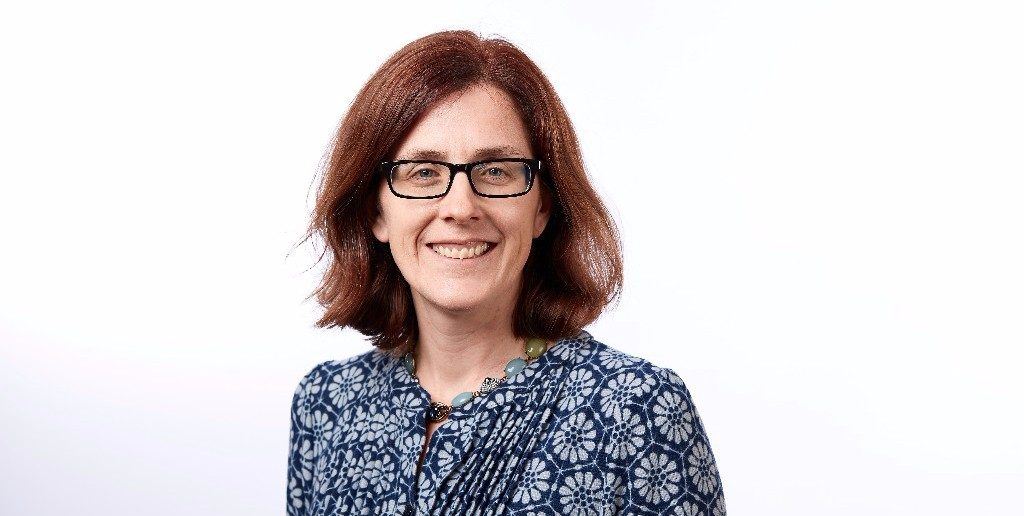
Laura Forsberg White, PhD ’06
Associate Professor of Biostatistics
Boston University
Where do you currently work and what are your job responsibilities?
I work at Boston University in the Department of Biostatistics as an Associate Professor of Biostatistics. I teach two courses: one on statistical methods used in public health surveillance and the other on disease outbreak investigations. I do typical work of a faculty member: supervising students on PhD thesis work, collaborative research, methodological research, and administrative work. Currently I oversee admissions to our PhD and MA programs. My research focuses in infectious diseases, particularly Tuberculosis, Hepatitis C, and HIV.
What do you like most about your current position?
I love the people that I work with, working on really interesting and varied problems, and having flexibility in my career. Even though my focus tends to be in infectious diseases, I have worked in a wide variety of applications, including air pollution, alternative medicine, urban form, etc. I really enjoy the many varied opportunities that come from being in an academic environment. I am always learning new things and that makes my job really interesting and fun.
Why did you choose to study biostatistics and what led you to Harvard?
I was a math and statistics major in undergrad. I had to take a year of science as part of my degree requirements and chose biology and loved it. I kept taking more biology classes, including microbiology and an epidemiology course. Along the way someone told me about biostatistics (I had never heard of it and went to school where there were no medical programs) and I really was drawn to the idea. During undergrad I took two years off to do service for my church. When I came back for my senior year, a faculty member had joined my department who had graduated from Harvard biostats. He encouraged me to apply, so I did. I visited several other schools, but was really drawn to the friendly community and breadth of topics that were represented in the department. I also loved Boston!
What was the most rewarding part of your degree program?
I really loved the opportunity to get to know my classmates through the five years we were in our program. I learned so much from them and appreciate the great friendships we formed-they still are a great professional and social network to me. I spent four of my five years in an office with three other classmates and we became quite close as we navigated our thesis work, marriages, and job searches together. We still love to meet up when we are at the same conferences. I also formed great relationships with those in my same research group with Marcello Pagano. We also stay in touch.
I really enjoyed all my classes and appreciate the rigor of the courses I took. The program provided fantastic preparation for my job now. Even though I do not routinely use all that was covered in my classes, I feel that the critical thinking and approach to problem solving was invaluable to all aspects of my current job.
What was the most challenging part of your degree program?
It is hard to say what was most challenging-honestly I really enjoyed it and think it was a great period in my life. Starting thesis work was challenging since I had not done research before. Preparing for and taking the qualifying exams was stressful and challenging. But it was great to be doing all these things with my classmates and to have their support and camaraderie.
If I could do anything differently, I would have taken some more classes, particularly in clinical trials and genetics. I wish I had more formal training in those areas-I have had to pick up a lot on my own. I also wish I had taken more advantage of opportunities to interact with other faculty in the school with overlapping interests to mine. At the time, I did not realize how valuable that could have been to my future.
How did your experience at Harvard prepare you for your career?
I feel I was trained in the best academic biostatistics program and it gave me solid understanding in biostatistical concepts, how to do research, and allowed me to build a professional network that continues to benefit to my career.
What advice would you give to current or prospective students?
My advice would be to work hard, have fun and enjoy the opportunity to make great friendships and connections in graduate school. Harvard is a rich academic environment and has a lot of resources-take advantage of them. I think that I sometimes shied away from opportunities because I was afraid of failing, but now I realize that was not a good approach to take. I wish I had realized that if I worked hard, things would work out fine. Also, I think it is important to see all experiences as an opportunity to learn, even when it might be tempting to call it a failure. I have become more and more convinced that success comes from taking risks, working hard, being kind and curious



